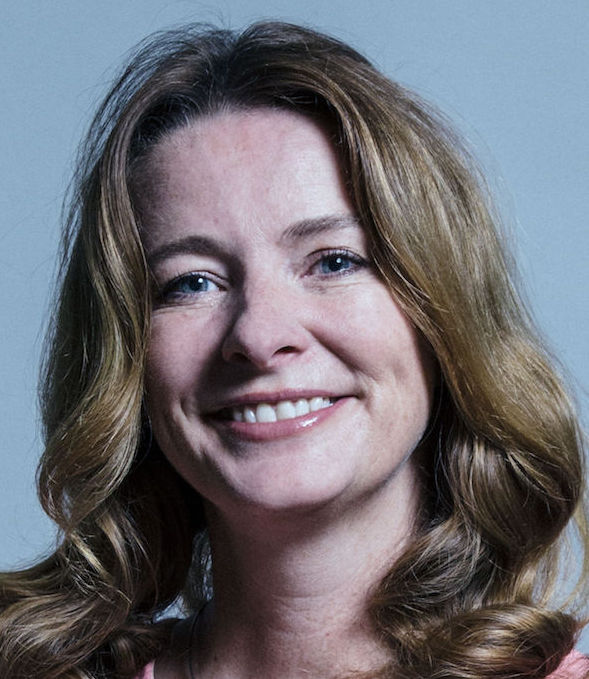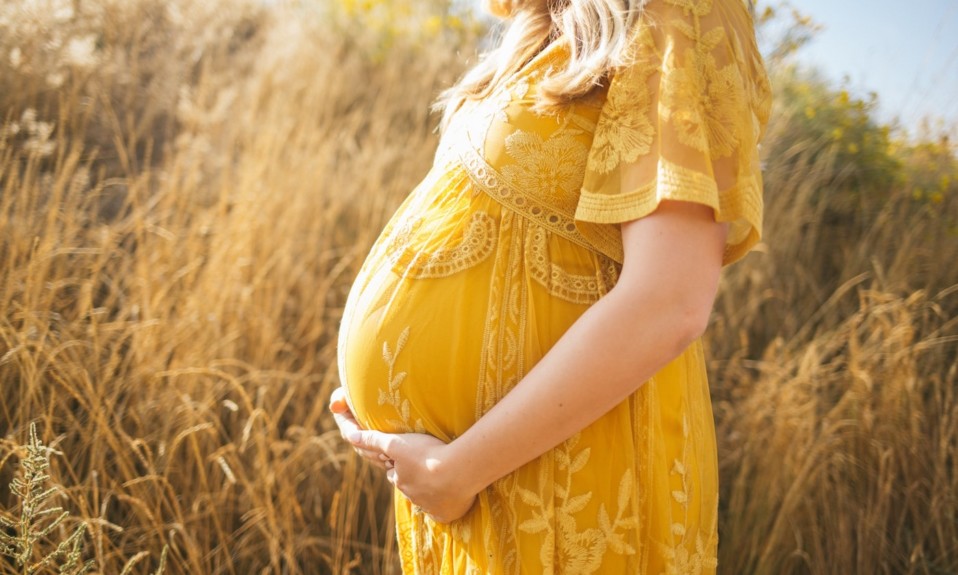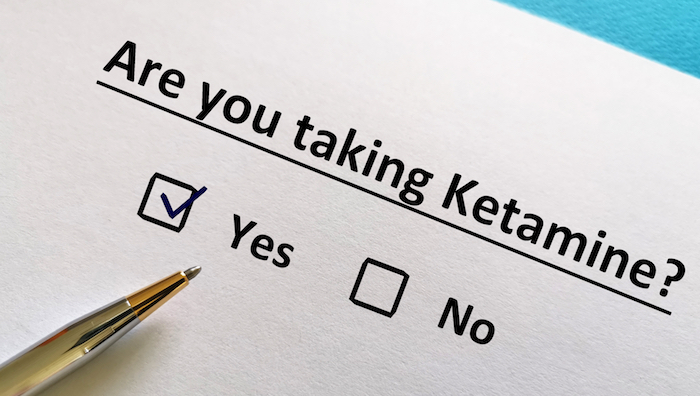A new study brings to the forefront the susceptibility of females to gambling harm
By Jason Langendorf
As many as one million women in Great Britain are at risk of gambling harms, according to research released by GambleAware on Jan. 31. That same day, GambleAware launched a campaign to help women identify early warning signs of gambling problems and find support. The study and campaign bring much-needed attention to an issue—women and gambling—that rarely seems to be discussed in the context of addiction.
GambleAware, a London-based gambling prevention and treatment organization serving the U.K., found that the number of women receiving treatment for a gambling disorder more than doubled from 2015-16 to 2020-21, rising from 1,134 to 2,423. A separate report from the University of Bristol’s Personal Finance Research Centre, which was grant-funded by GambleAware and published in January, was similarly illuminating: Although more men participate in gambling than women in the U.K., the margin is slim—43.6% of men, compared to 40.5% of women—and may be closing.
One of the more salient findings in the sprawling University of Bristol analysis was the “escape” that gambling appears to represent for many women.
Additionally, among women experiencing high levels of harm from gambling, GambleAware found that 39% may not seek help or treatment due to stigma, feelings of shame or fear of others learning about their gambling.
“That’s why our campaign highlights the warning signs to look out for,” says Zoë Osmond, chief executive of GambleAware, “so we can support women who gamble and prevent them from developing gambling harms.”
Takeaways from the Gambling Research
One of the more salient findings in the sprawling University of Bristol analysis was the “escape” that gambling appears to represent for many women. That break may offer respite from simple negative emotions such as stress or boredom but also can serve as a literal escape from, say, an abusive relationship. “Gambling can be a way of temporarily forgetting about the trauma suffered at home,” write the researchers, “but gambling venues can also function as a physical place of safety—where women would go to get away from the physical and emotional abuse they experienced at home.”

Additional highlights from the Bristol report:
- British women experiencing high levels of gambling harm from their own gambling are much more likely to be younger (ages 18 to 34), Black, Asian or another person of color.
- The growth in women’s gambling can be traced to the concerted efforts of the gambling industry, which has employed specific strategies such as “increasingly attractive, socially acceptable and inclusive environments for women.”
- While the isolation and anxiety experienced by many during the COVID pandemic has led more people to cope by using substances, people with gambling disorders haven’t been spared. The United Kingdom’s lockdown adversely changed behaviors among existing gamblers, particularly for one demographic: After the start of lockdown, more female regular online gamblers signed up for new gambling accounts than male gamblers.
- The strongest social driver of gambling for women: the social benefits of communal entertainment that many associate with the activity.
The University of Bristol group’s analysis relied heavily on recent research from qualitative studies conducted in Australia and New Zealand, and acknowledged that more work was required to better understand geographic and, by implication, cultural differences among women who gamble.
Harm Prevention for Women Who Gamble

As part of its newly launched campaign, GambleAware highlights three key warning signs for women who may be starting to experience harms from gambling:
- Losing track of time
- Spending more money than you can afford
- Keeping your gambling a secret from those around you
But gambling, like other addictions, may require outside help, intervention and professional treatment. The University of Bristol report offers specific suggestions for organizing support to help reduce and prevent gambling harm among women, including:
- Gender-sensitive and trauma-informed approaches, including women-only services
- Community-based, integrated services that make it easy for women to get the range of help they need
- Better public information and messaging about the signs of gambling harms for women and the (confidential and anonymous) support available
- Wider interventions that address the socioeconomic and sociocultural determinants of women’s experiences and disrupt industry practices that are harmful to women
“While the economic costs of harmful gambling are stark,” said Gillian Keegan, Britain’s Minister of State for Care and Mental Health, “the cost to individuals and those around them as a result of their addiction cannot be overstated.”
“This campaign is a fantastic way to raise awareness about the harms of gambling, which can impact an individual, as well as their friends and family.”
Photos: Shutterstock














